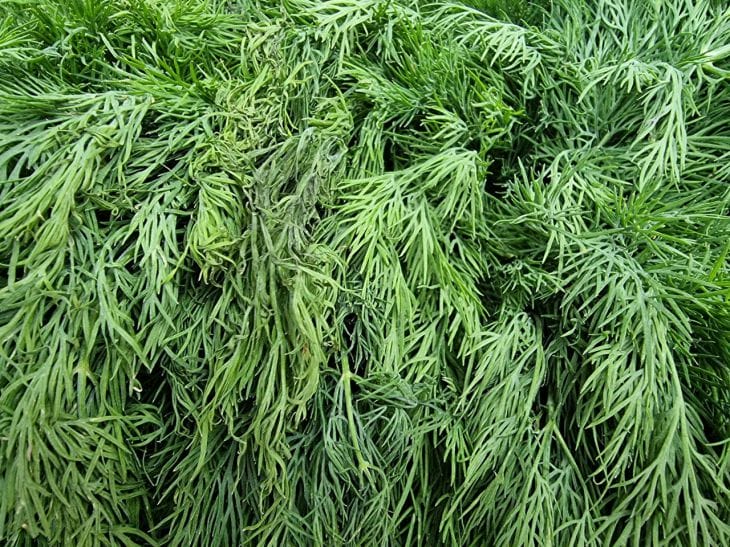Why Are Your Greens Bitter? The Plants That Grew Here Before Are to Blame
Parsley and dill have become bitter? The culprit may be geosmin, an organic compound that accumulates in greens if root vegetables were grown in the garden before them.
A University of Reading study has confirmed that carrots, beetroot and radishes release terpenes (aromatic substances) into the soil, which affect the biochemistry of subsequent crops, increasing bitterness.
How Predecessor Plants Change the Taste of Greens
Root crops, especially carrots and beets, release secondary metabolites into the soil during growth — chemical compounds that protect them from pests. These substances remain in the soil for up to 2–3 months and:
- They inhibit the development of beneficial bacteria , disrupting the balance of microflora.
- They reduce the absorption of phosphorus and potassium by greens , which leads to the accumulation of alkaloids responsible for bitterness.
- They stimulate the production of geosmin in the leaves of parsley and dill - the same compound that gives the soil its characteristic smell after rain, but in greens it manifests itself as an unpleasant bitterness.
Urgent measures: how to restore the delicate taste of greens
1. Crop rotation according to the rules
Plant greens after crops that remove terpenes from the soil
- Legumes (peas, beans) - their roots enrich the soil with nitrogen and suppress pathogenic microflora.
- Cucurbitaceae (zucchini, cucumbers) - their powerful root system "pulls out" excess organic acids.
2. Soil detoxification

- Add nettle compost to the soil (1 kg per 1 m²). Nettle contains iron and magnesium, which neutralize terpenes.
- Sow green manure : white mustard or phacelia. They secrete saponins that destroy toxic compounds.
3. Express method for emergency cases
- If the greens are already bitter, spray the leaves with a solution of apple cider vinegar (1 tbsp. per 1 liter of water). The acid neutralizes the alkaloids, improving the taste in 2-3 days.
Tips from chefs and agronomists
Gordon Ramsay warns on MasterChef :
"Bitter greens will ruin even the most expensive steak! Check the beds as you check meat for freshness. Before planting, rub a lump of soil in your hands - if it smells moldy or damp, the soil is not suitable."
Agronomist Maria Sokolova ( Green Patrol channel) advises:
"After harvesting the root crops, water the bed with horsetail infusion (500 g of grass per 10 l of water). It contains silicic acid, which binds terpenes."
What Plants Should Never Be Planted Before Greens
Onions and garlic - their phytoncides inhibit the growth of parsley and dill.
Potatoes - increases the risk of soil contamination with nematodes, which make greens tough and bitter.
Sunflower - secretes allelopathic substances that slow down the development of umbelliferous crops.
Conclusion
Bitter greens are not a death sentence! Proper crop rotation, green manure and natural fertilizers will help to "reboot" the soil. And remember: the soil, like good wine, requires time and proper care.
